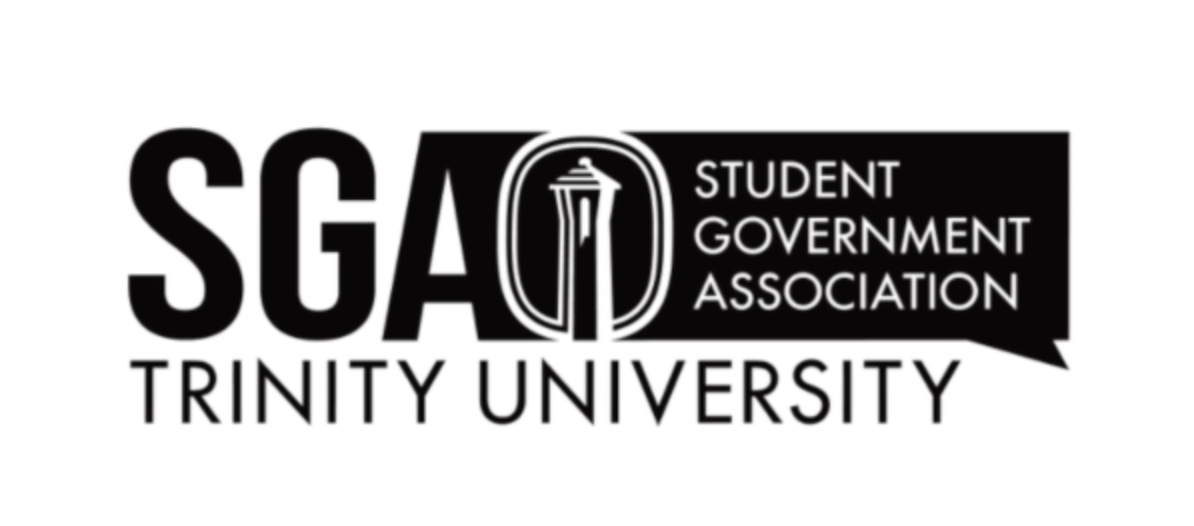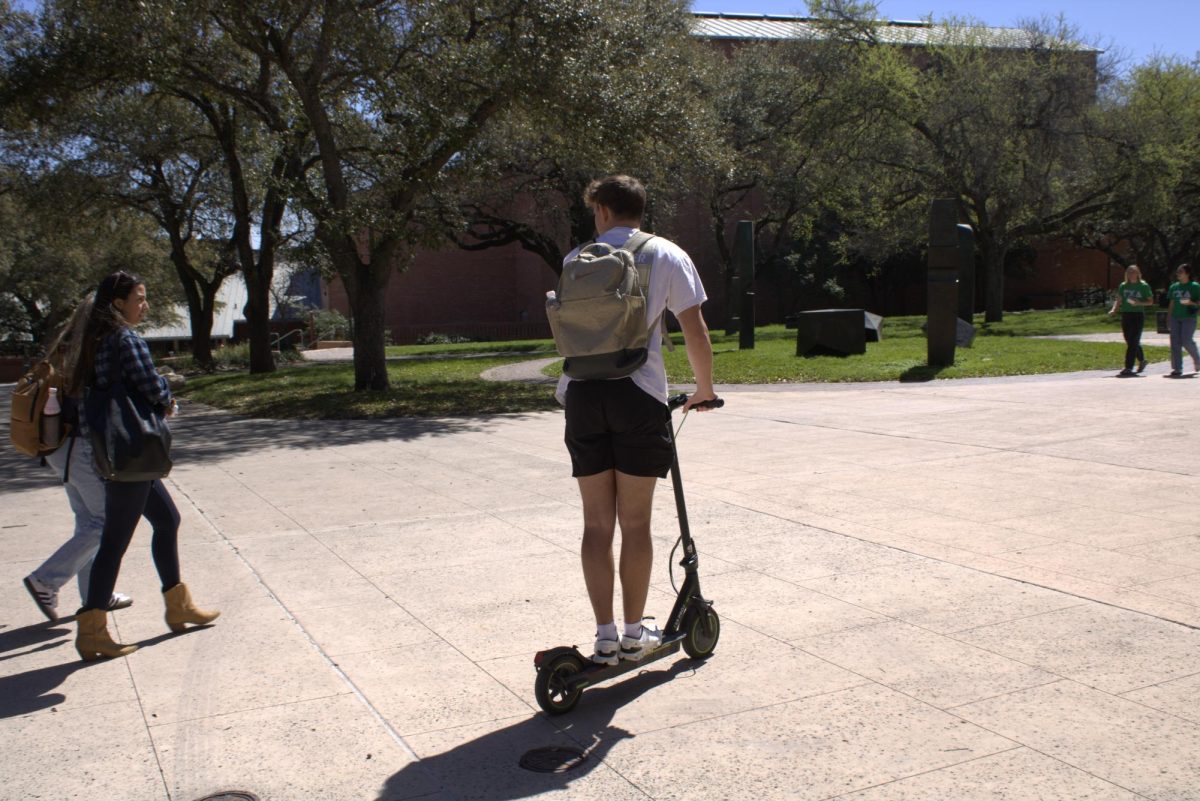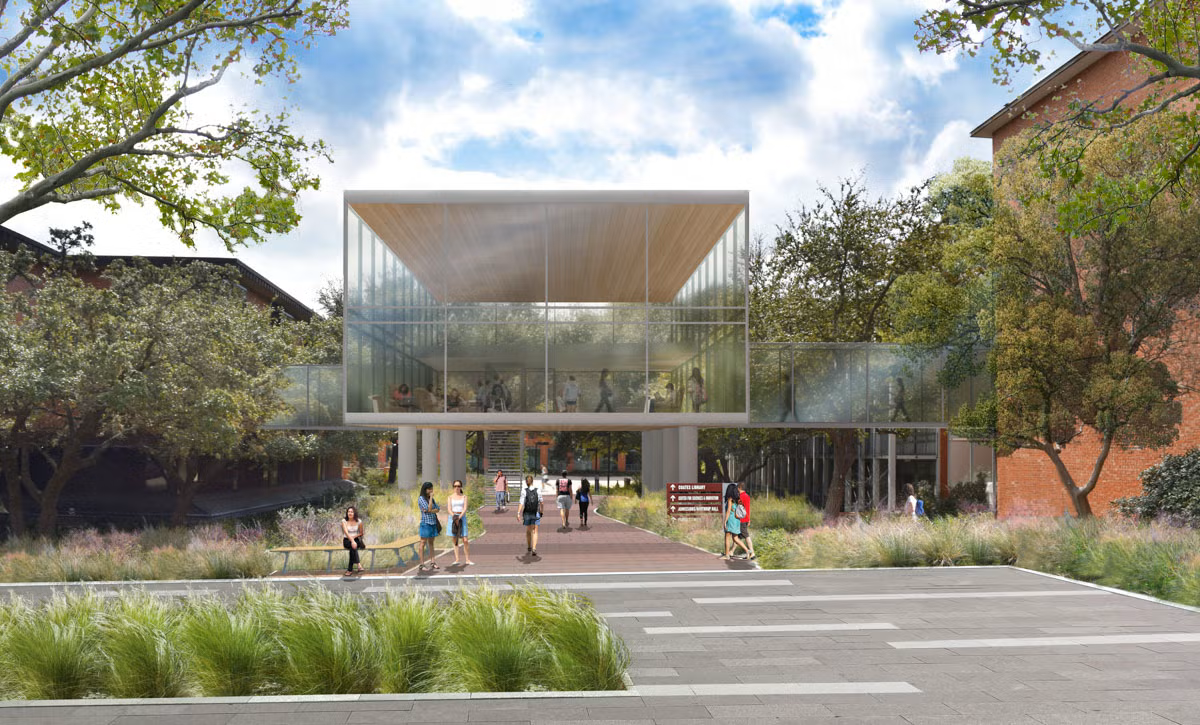Several groups and organizations at Trinity have been implementing policies that make campus life more sustainable and environmentally friendly. Sustainability on campus is an ongoing process, and many members of the Trinity community are working to make sure this process is advancing.
Charles Robles, food service director of Aramark, explained a little about the efforts that he and other dining staff are making to move campus dining toward sustainability.
“We’re doing our best with composting and growing our own, as well as trying to do the responsible thing with sourcing ingredients as close as we can,” Robles said. “Right now, in San Antonio, it’s kind of an awkward spot because it was never a big thing for sustainability, but luckily Austin, our sister city, has been working very hard to breach the system, so we’re able to reap some benefits off of them. Watching everything “” the food, the waste “” is a big part of what we’re doing.”
Robles explained that some of campus dining’s current initiatives include collaborating with farms out of Austin and purchasing locally sourced ingredients from a certain vendor’s farmer’s market. There are also some things that Aramark has been doing for many years that Robles hopes will not go unappreciated or forgotten.
“We got an herb garden that we’ve been doing “” a lot of our salsas and our pickled stuff we’re now doing from scratch here in-house and that comes a lot from our garden that we’re growing out back,” Robles said. “We do composting, which is a huge program that we do. We’ve got these two huge composters on the loading dock that not a lot of people know about. It’s neat “” a lot of the fertilizer on campus comes from the produce and such that we composted. We’ve also made commitments when it comes to the way that we do our china and cleaning and being responsible with the maintaining of the plates and the waste as well.”
Food service is one major part of sustainability at Trinity, but other parts of campus are just as important. Sharon Curry, coordinator for sustainability and support services and Eco Allies staff advisor, believes that sustainability is a topic that stretches across many departments on campus. Curry explained some of the past projects that Trinity has undergone to become more sustainable.
“We started our recycling program in the 1990s,” Curry said. “In 2007, we did a large revamp on the recycling program. We added in-vessel composting for the dining hall for pre-consumer food waste. Almost the entire campus is reclaimed water through the SAWS San Antonio Water System recycled water program. That’s been in place now for almost 15 years, saving huge amounts of potable water. I’ve worked with the LEED (Leadership in Energy and Environmental Design) building project “” we have four certified projects and the fifth is pending certification. However, we’ve always integrated sustainability features into the work that we do just in building maintenance and construction. Things like putting light sensors, motion sensors, high efficiency equipment, things like that are just part of our standard operating procedures.”
Curry reinforced the idea that additional sustainability efforts are always in the works at Trinity.
“We always are working on something,” Curry said. “A big initiative that we’re working on right now is how we assess our sustainability, and we put forth a proposal to use an assessment tool that is with AASHE (Association for the Advancement of Sustainability in Higher Education). We’re actually an institutional member organization of AASHE, and as a result, anybody who has an interest in sustainability can use their Trinity email to access all their member resources.”
Curry highlighted the fact that the new Campus Master Plan takes sustainability into account.
“The Campus Master Plan has a sustainability component to it and is going to start to influence and help drive some of the decisions that we make,” Curry said. “That is our guiding document now for facilities. A lot of people don’t realize that O’Neil Ford was a huge conservationist, so we’re kind of returning to our roots.”
AASHE will be holding their annual conference in San Antonio this year, and a handful of Trinity faculty, staff and students will be presenting at the conference which will take place Oct.15″“18.
Students play a role in sustainability on campus as well, especially through a handful of organizations. Kristen Rundstein, senior engineering major, is president of Trinity’s student group Eco Allies.
“Our big event is during the spring semester; it’s Earth Week, a full week of activities,” Rundstein said. “We typically have an event every day. We try to do some volunteering activities both here on campus and off campus.”
Eco Allies has also birthed several different projects in an effort to make Trinity more sustainable.
“We aren’t in charge of it anymore, but there was the community garden in Storch,” Rundstein said. “It’s now become a class that students can sign up for. They’ll have garden work days, so we’ll help out whenever those come. Also, the Bee Alliance started as an Eco Allies idea and then became its own club.”
Rundstein hopes that Eco Allies will continue to implement ideas that improve Trinity’s sustainability.
“My idea for the semester is to get a pollinator garden started so that it gets some hummingbirds and butterflies and bees in the area, specifically at Trinity,” Rundstein said. “We were originally wanting to put hummingbird feeders in but that isn’t as sustainable because then they depend on the feeders, and you have to make sure there’s somebody there to take care of it throughout the year.”
Curry and Rundstein both believe that Eco Allies is one of the best ways for students to get involved with sustainability efforts at Trinity. Students can get involved with the group by sending an email to Kristen Rundstein.





